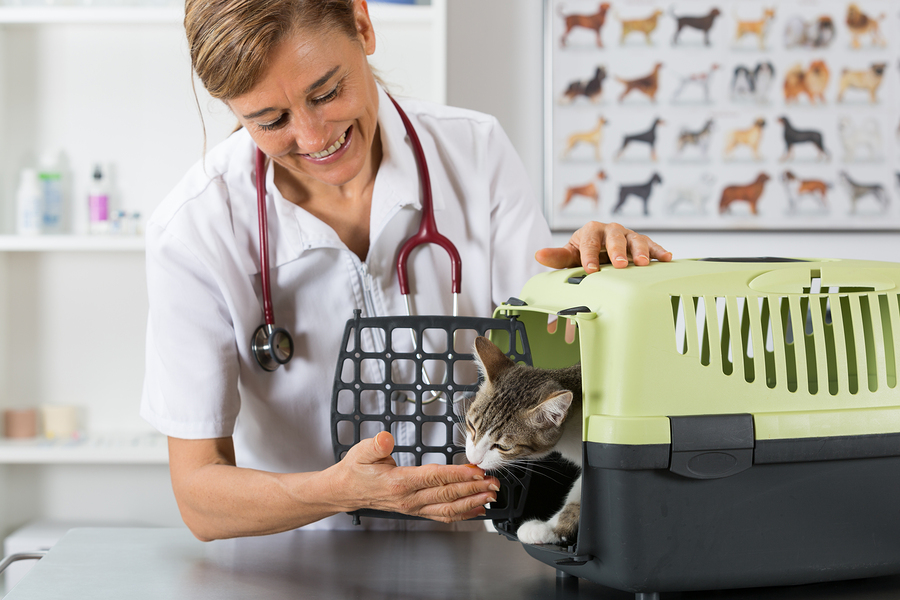Did you know cats need blood donations just like people do? (And dogs as well!) Usually, these are people’s pet cats who are part of doing a good deed for other cats, or cats who live at veterinary hospitals as “greeters” and office pets. A reader asked me about it… here are the facts.
Q: Can cats get blood transfusions? Where does the blood come from?
A: You bet! It’s not at all unusual for cats who are sick or injured to receive a life-giving infusion of blood from a fellow feline donor. Blood transfusions have been available for pets for more than 30 years. They may be necessary for cats with anemia caused by blood-sucking parasites such as fleas; who have undergone trauma, such as being hit by a car, and have internal bleeding; or who have a disease that requires transfusions of plasma, which contains special proteins that help to protect the pancreas from stimulation by pancreatic enzymes. Transfusions save lives, serving as a bridge until cats can heal on their own.
Feline blood donors typically are tolerant of handling, but they may receive a mild sedative to help them mellow out during the blood draw. Each pet blood bank or veterinary hospital has its own standards, but generally donor cats are 1 to 8 years old, live strictly indoors, have no health problems and are up to date on their vaccinations. Females must not have given birth. Cats can donate every three months.
Cats have three different blood types: A (most common), B (seen in certain pedigreed cats) and AB (rarest). The cost of a blood transfusion varies depending on the locale and the amount of blood needed. A matched blood transfusion is a must to prevent a life-threatening reaction.
Just as with the human blood supply, there can sometimes be a shortage of blood products. Fortunately, there are commercial pet blood banks, or your veterinarian may have a donor cat or two “on staff.” Donated blood — in the form of whole blood, plasma or packed red cells — is collected in sterile plastic bags and is stored and handled the same way as human blood.
More, including how experts evaluation intelligence in animals, in this week’s Pet Connection!


